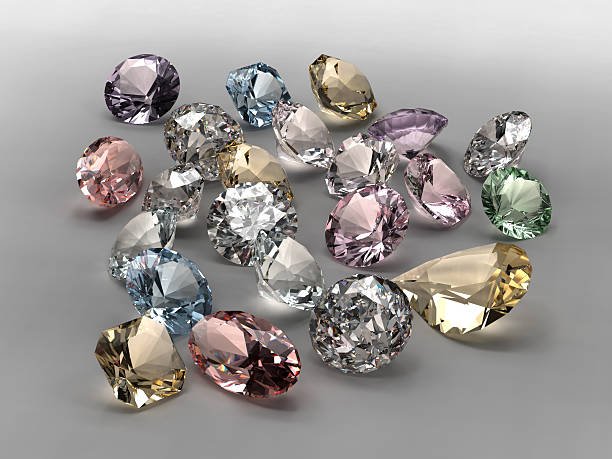Color of Gold for a Gold Buyer in Phoenix All Entries

Do you know the difference between white, yellow, and rose gold? You may not have ever heard of rose gold, but it is a very romantic setting for jewelry. If you are in the market for gold, you should understand the differences in the colors of gold to make sure you get the best setting for your gems. When you are selling jewelry to a gold buyer in Phoenix, know how they will value the gold so you get a great deal.
Yellow Gold
Yellow gold resembles the pure form of gold, but anything under 24k gold is not pure. It is mixed with other metals, such as copper or zinc. This gold requires the least amount of maintenance, but you should have it polished and cleaned annually to keep its luster. Yellow gold is better for olive and darker skin tones. It is also extremely malleable, which makes it easy for jewelers to manipulate.
White Gold
White gold is an alloy of pure gold and a white metal, such as silver, nickel or manganese. It might be coated in rhodium. White gold is a popular setting for diamonds, because it complements them better than yellow gold. It is very durable, but it does need more maintenance than yellow gold. A Phoenix gold buyer that deals in precious gems has the ability to take care of your ring.
Rose Gold
Rose, red, and pink gold is mixed with copper to produce this romantic color. As more copper is mixed with the gold, the redder it becomes. Pure rose gold does not exist, as it is an alloy. This color is the most durable, because copper is a very hard metal. It complements all color tones, but it is not hypo-allergenic. Rose gold is not as widely available as white or yellow.
What's the Price Difference?
Gold buyers only look at the karat count of the gold. Thus, 14k yellow gold and 14k rose gold are equal in value. Although the alloys mixed into the gold is different, the base metal is all that matters in appraising gold. For more information on selling to gold buyers, call (480) 949-9299 today to speak with the experts at Ralph Mueller and Associates.